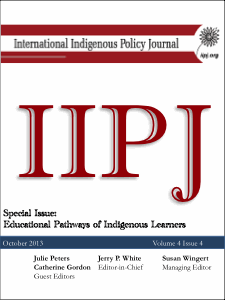This article reviews literature on the gradual construction of teenage pregnancy as a social issue in North America. It shows how teen motherhood emerged not as an issue unto itself, but as a microcosm of numerous, closely intertwined phenomena including: the evolution of Western views on human sexuality and gender roles; the place of religious values in society; and the emergence of various modern technologies, the social and medical sciences, and how such disciplines view childhood, motherhood, and women in society. In particular, it shows that even as teen pregnancy is today viewed primarily through public health and/or socioeconomic lenses, it has never been completely divorced from its original construction – as an indicator of failure to adhere to social, religious, and moral values. The article closes with an informal content analysis of several First Nations-related documents that highlight both similarities and differences to the non-Aboriginal perspective.
Written by Marc Fonda, Rachel Eni, and Eric Guimond.
This paper is freely available through the International Indigenous Policy Journal HERE

